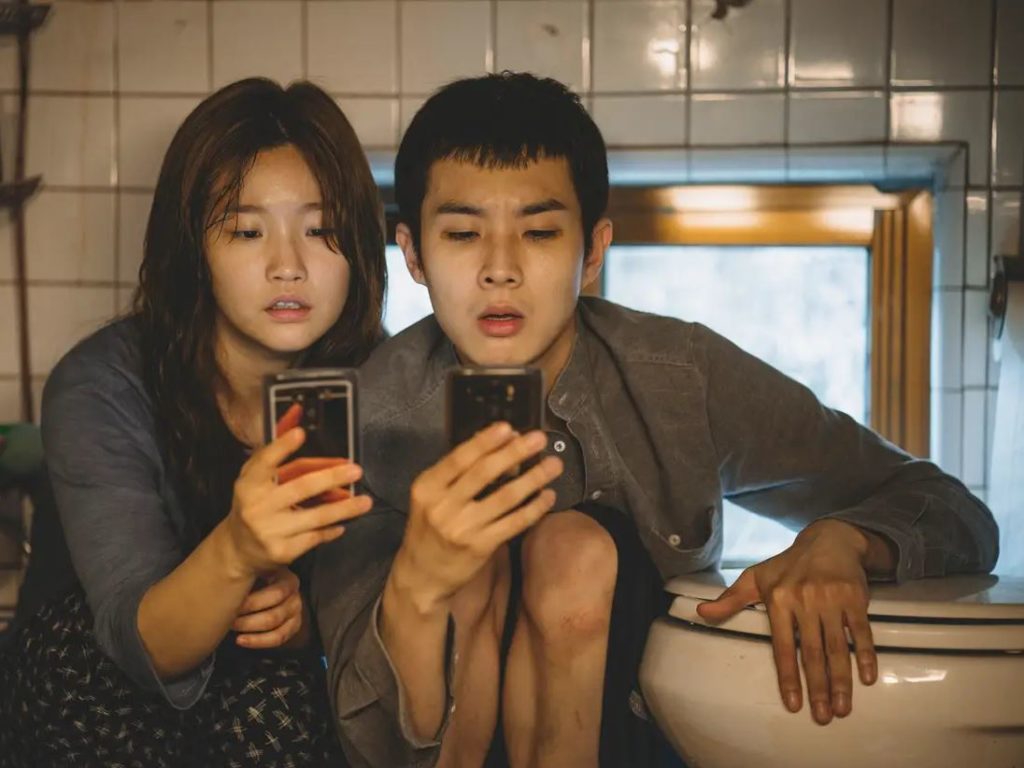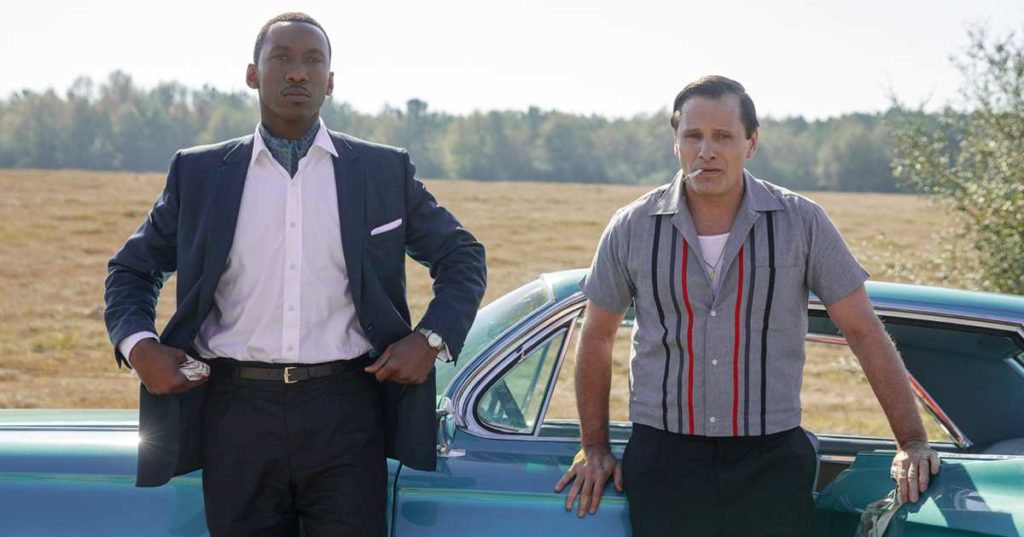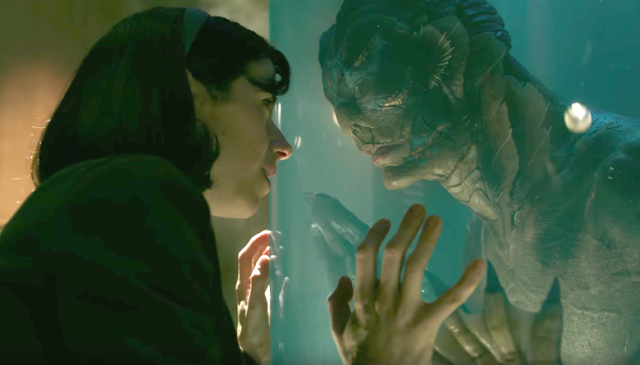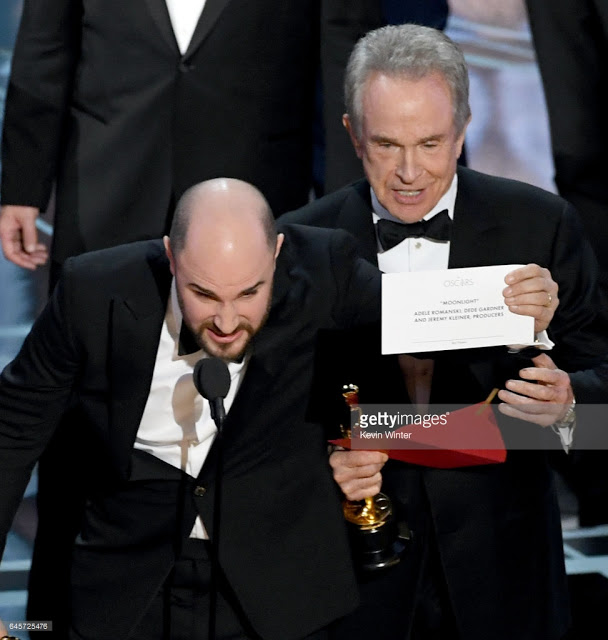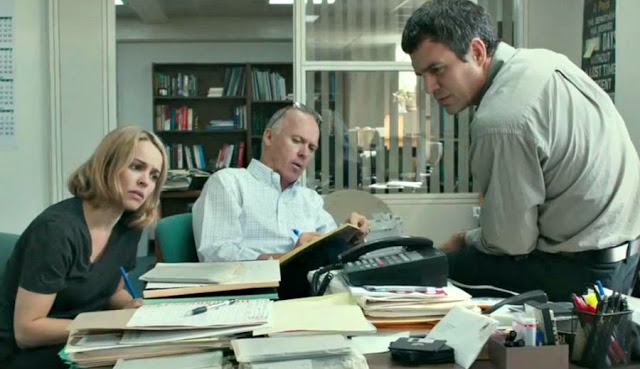In a shocking twist, La La Land was not the big winner at this year’s Oscars. But Moonlight, which actually (though not initially) won Best Picture, wasn’t the big winner either. Nor was Emma Stone, nor Casey Affleck, nor Best Animated Feature winner Zootopia, nor The Salesman director Asghar Farhadi (though his in absentia speech was pretty cool).
No, the big winner at the 89th Annual Academy Awards was Jordan Horowitz.
You probably don’t know Horowitz by name, but you almost assuredly now know him by sight. He’s one of the producers of La La Land, the one who—after realizing the historic, incomprehensible gaffe that concluded last night’s ceremony, when Faye Dunaway and Warren Beatty erroneously announced La La Land as the recipient of Best Picture—handled the debacle with extraordinary grace. He could have ranted, cried, complained, or stormed off; if he had, it’s unlikely anyone would have blamed him. Instead, he kept his composure and, in a display of enviable courtesy, announced, “I’m gonna be really proud to hand this to my friends from Moonlight.”
That is the memory I will choose to take away from this year’s Oscars. Yes, it was crazy, inexplicable, and deeply unfortunate—even if you weren’t a fan of La La Land (and plenty of you weren’t), it was downright cruel to tease it with the gift of Best Picture only to suddenly wrench the trophy out of its grasp. But Horowitz made the best of a very bad situation. The official theme of last night’s ceremony was “inspiration”—that’s a tacky title, but as the telecast wrapped up its absurd conclusion, it was impossible to watch Horowitz and not be inspired by his humility and class.
Before running through the actual awards, a quick review of the overall telecast: It was fine. Jimmy Kimmell is hardly my favorite comedian, and many of his bits—the mean tweets, the candy dropping from the ceiling, the overlong segment with real tourists parading through the Dolby Theatre—fell flat. But his dry opening monologue cleverly downplayed the evening’s grandeur, and his inevitable political commentary was reasonably amusing, going for the funny bone rather than the jugular. (His extended feud with Matt Damon was excellent, culminating with his hilarious faux-appreciation of We Bought a Zoo.) The overall tone of Kimmell’s performance was one of understatement; he seemed to recognize that, yes, the Oscars are silly and stupid and self-aggrandizing and there are more important things going on in the world right now, but what the hell, we’re here, so let’s all enjoy ourselves. He even handled the envelope snafu with poise and wit, first name-checking Steve Harvey and then attempting to place the blame on himself. It wasn’t perfect, but it could have been a lot worse.
On to a brief recap of the show, with the awards listed in order of their presentation. Read More
